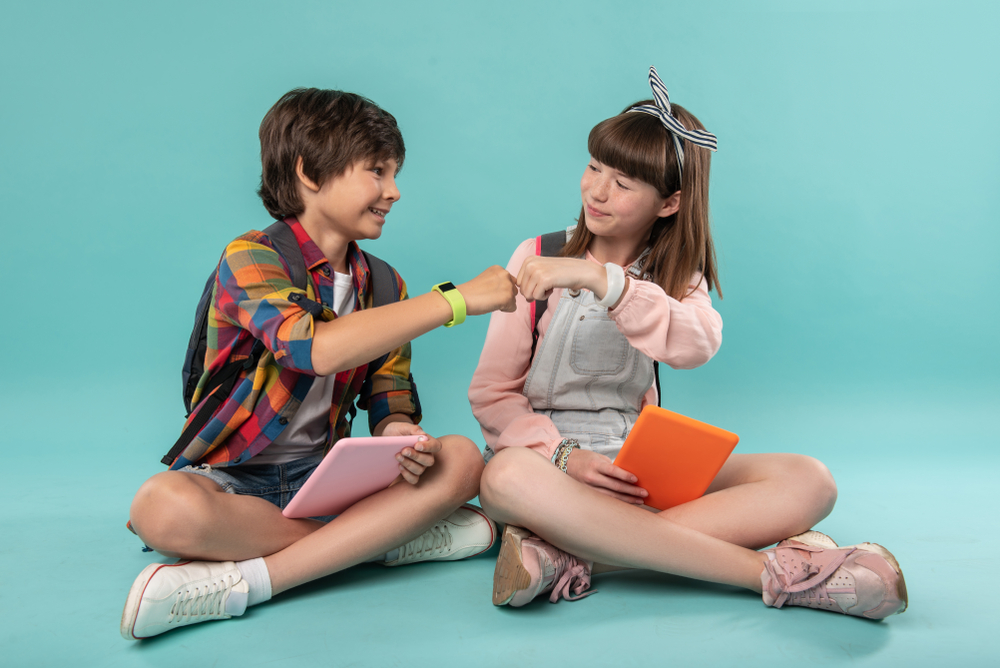Social skills are as critical as academic knowledge, if not more so. The classroom is not just a space for intellectual growth but also a dynamic environment where students learn to navigate complex social landscapes. Educators are increasingly recognised as architects of this developmental space, tasked with the important role of cultivating the interpersonal abilities of their students. By integrating social skill development into their teaching strategies, educators are transforming classrooms into vibrant hubs where students not only learn about the world around them but also how to engage with it effectively and compassionately. This critical aspect of education prepares students for a lifetime of healthier relationships and professional success.
Ways Educators Boost Social Skills Among Students
Here's how teachers are making a difference in boosting students' social skills.
- Creating Inclusive Learning Environments First things first, an inclusive classroom sets the stage for rich social interactions. Teachers are mixing things up with seating arrangements and group projects to ensure that students interact with different peers. This approach not only helps students feel valued and understood regardless of their backgrounds but also promotes empathy and respect among diverse groups.
- Encouraging Team Projects Nothing teaches cooperation like a good team project. Educators are increasingly relying on assignments that require collaboration, negotiation, and shared responsibility. Through these projects, students learn to communicate clearly, distribute tasks, resolve conflicts, and support one another towards a common goal.
- Role-Playing and Social Simulations Role-playing exercises are a fantastic way for students to practice social situations in a controlled environment. Whether it's simulating a town hall meeting or negotiating in a mock UN assembly, these activities encourage students to think on their feet, understand different perspectives, and articulate their thoughts in socially appropriate ways.
- Teaching Emotional Intelligence More educators are integrating emotional intelligence training into their curricula. By helping students recognise and manage their own emotions, as well as empathise with others, teachers are equipping them with the tools to engage more positively and effectively with those around them.
- Promoting Extracurricular Activities Whether it's sports, drama, music, or debate clubs, extracurricular activities provide unique opportunities for social learning. Teachers encourage participation in these activities as they help students explore interests, develop niches, and form social networks.
- Using Technology Wisely In the digital age, social skills extend beyond face-to-face interactions. Educators are incorporating technology in ways that promote healthy social habits. From digital group projects to online forums, technology is used not just for academic engagement but for fostering digital citizenship and online etiquette.
- Encouraging ReflectionReflection is a powerful tool in learning. After group activities or projects, teachers often have students reflect on their experiences—what they learned about working with others, how they might handle situations differently in the future, and what they discovered about themselves. This reflection helps deepen learning and improve future social interactions.
- Modeling Social Skills Last but definitely not least, educators model the social skills they hope to instill. By demonstrating respect, patience, and active listening in their daily interactions, teachers provide a live example for students to emulate. It's the old adage in action: "Practice what you preach."
In conclusion, the role of educators in developing students' social skills is multifaceted and vital. Through thoughtful strategies and dedicated efforts, teachers are preparing students not just for exams, but for life. As they foster these skills in the classroom, they're setting the groundwork for more empathetic, understanding, and cooperative future generations. Isn't that something wonderful?




 Call Now
Call Now WhatsApp
WhatsApp